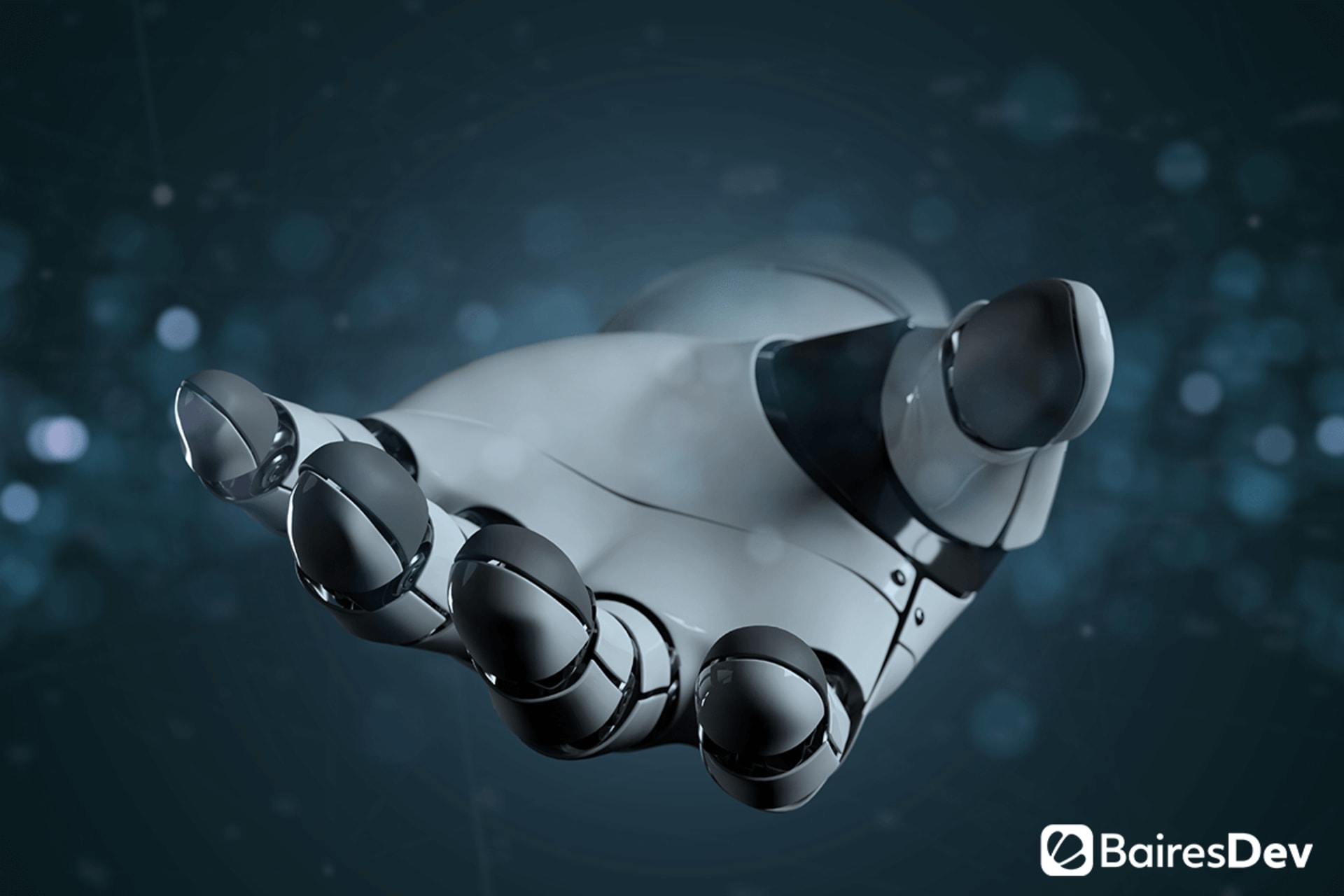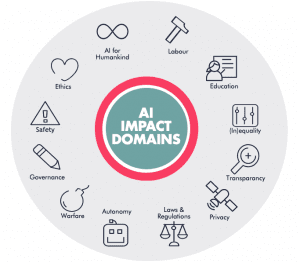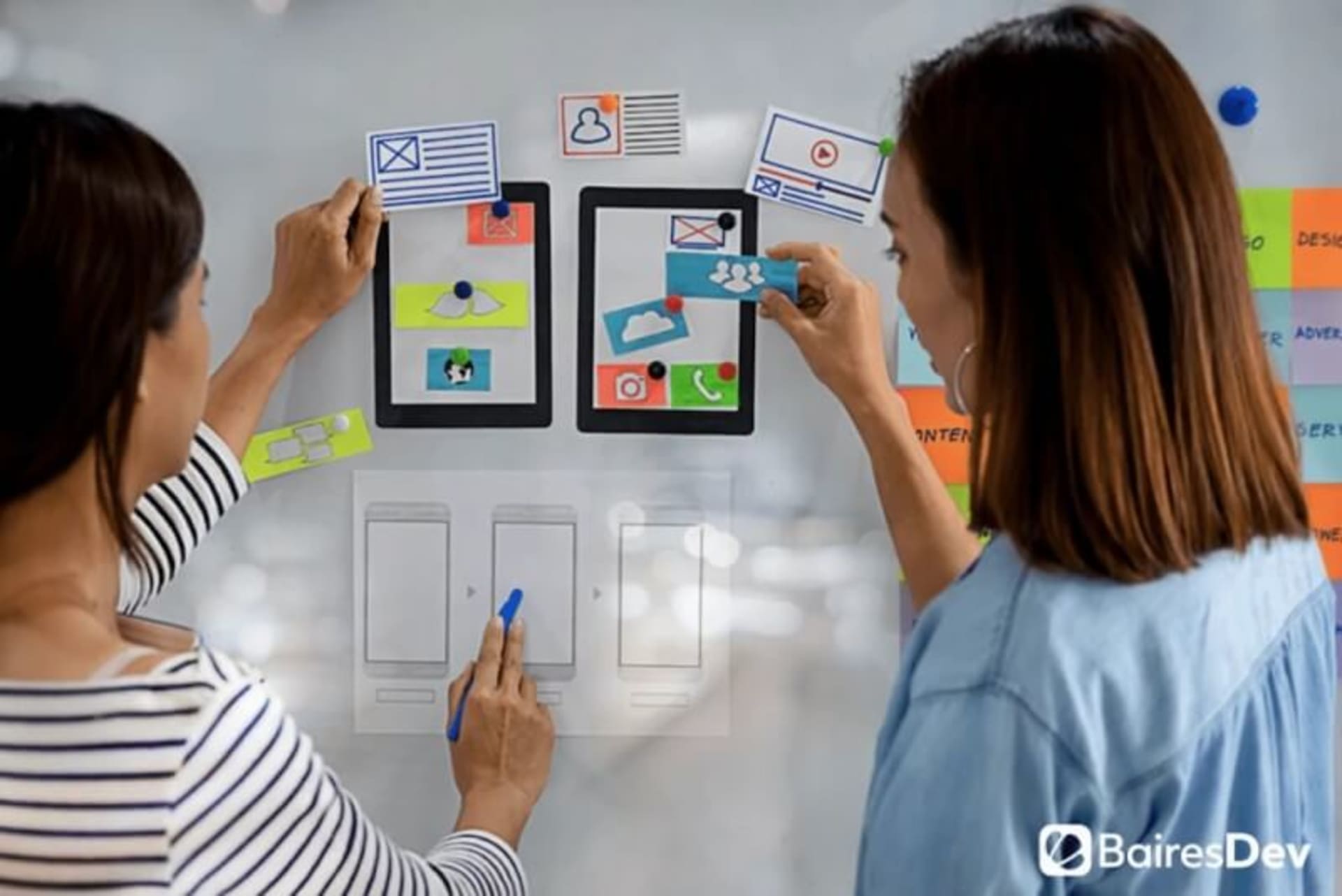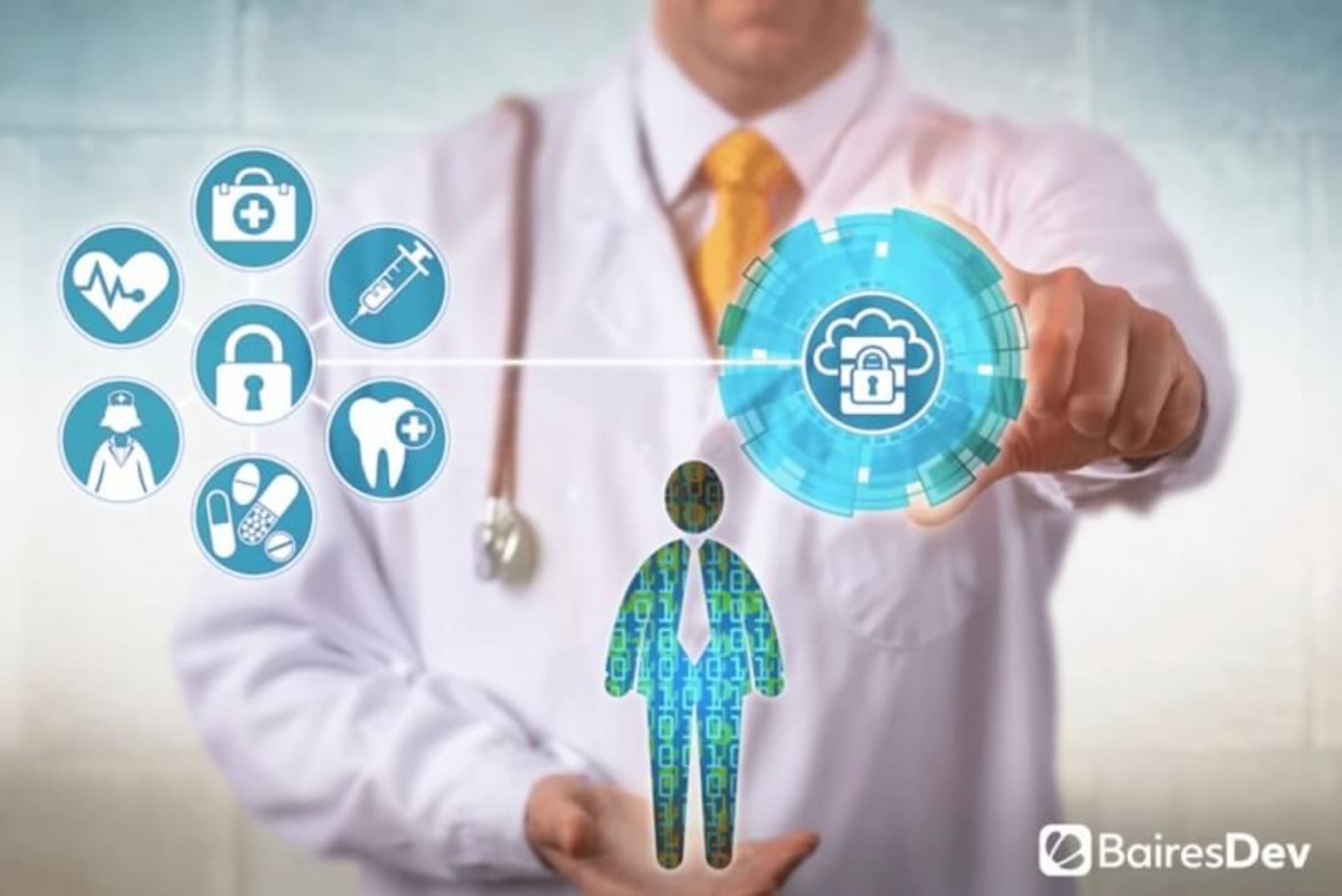It’s actually very hard to picture a completely AI-enabled future, especially from the scattered and somewhat experimental AI solutions of the present.
Next time you’re reading an article about artificial intelligence (AI), try to abstract yourself from it all for a minute and look for a mention of the tech’s future impact. Chances are that you’ll find phrases along the lines of “AI will open new business opportunities we can’t foresee” and “a greater impact than the one we imagine today”.
The frequent use of that sort of phrases isn’t a coincidence. It’s actually very hard to picture a completely AI-enabled future, especially from the scattered and somewhat experimental AI solutions of the present. Following what happened with every major technology of the past centuries, it’s fairly easy to predict where will a new tech take us in the short term. Yet, it all becomes fuzzy when estimating mid and long term effects.
When steam and water-powered machines popped up during the second half of the 18th century, a lot of people expected working conditions to change and productivity to increase. However, no one could anticipate the profound effect on society, as that first industrial revolution laid down the foundations for increasing urbanization, a boost in the standard of living, access to better sanitation, a growing population, and more.
The same happened for almost all technologies that preceded and succeeded that industrial revolution. Who would have thought about where mobile phones have led us? And what about television, planes, computers, cars, and so on? It’s impossible to think of AI without comparing it to those major achievements, as this emerging tech holds the promise of disrupting society as we know it but without clear proof of where it’s taking us.
Though we can’t predict where AI will go from now on, we can risk some hypotheses. Following some of the change patterns suggested by those previous technologies, here are some of the ways in which artificial intelligence could impact our future society.
A different way of working
The starting point to understand AI’s potential influence definitely has to be the workplace. Given that AI-based solutions are already being used in companies across several industries, it doesn’t just make sense – it allows us to estimate AI’s future effects from real case scenarios. And as it stands right now, artificial intelligence (and machine learning, probably its most popular subset) seems to be all about automation and augmentation.
For years now, industries like the automotive or the healthcare sectors have turned to somewhat intelligent alternatives to power up their processes. Assembly robots and software that aids in drug research are quite common today but they are being expanded and augmented with more sophisticated algorithms, especially with more trained machine learning applications.
It’s not unusual to find some sort of automation in many businesses today, ranging from intelligent chatbots and assistants to deep learning platforms able to control collaborative robots in the workplace. Yet, the bigger revolution that AI will bring to the workforce still hasn’t hit – the fundamental modification of white-collar jobs.
The increasing automation of manufacturing processes was somewhat expected, as robotic process automation (RPA) has been in place for quite some time now. However, the idea of cognitive automation forms that can work in the office is fairly new – and amazingly disruptive. The AI tools that today are gathering information to analyze and provide insights will get smarter over time, which will massively impact on all industries.
With the help of complex algorithms, businesses will be able to predict consumer behavior changes, create new hyper-personalized products and services, offer better customer care, and, most importantly, change businesses in a way they never thought possible – being productive around the clock. While we are accustomed to the concept of business hours, we’re steadily getting used to doing a lot of things without looking at the clock.
You can thank the Internet for being able to purchase a new pillow at 2 AM or hiring insurance on a Sunday. This always-on approach will be empowered by the irruption of more AI platforms and devices, to the point where you’ll be able to do anything business-related at any time you want. Sounds strange? Seeing what Amazon is doing with its cashier-less Go store might give you a clue as to where we are headed – all businesses will be open 24/7 because they won’t need people to function.
Redefining the human experience
AI-based solutions will exceed the workplace. Driverless cars are already being tested and expected to hit the market in the next 5 years. Smart speakers can be found in 1 out of 4 US households. Facial recognition technology is being used to enforce airports. There are coffee shops and hotels served by robots. In short, automation is on the rise, pushing humans aside from the activities that took more time.
Where will that leave us? Once AI-powered solutions tend to all our needs, what will society look like? That’s the part where things start to get tricky. We can envision a future where artificial intelligence tends to every little need we may have, from putting food on our tables to driving us around and even entertaining us but it’s hard to understand where that puts our collective human experience.
With artificial intelligence already taking over “more human” activities, like composing music or writing poetry, and taking an active part in our interactions by reading and understanding our emotions, the very notion of human experience will be redefined. If we don’t have to work all day, don’t have to learn new languages to communicate with one another, don’t have to do anything more than just ordering machines around, then we’ll have plenty of time to fully embrace the human experience – whatever that is.
We are already living in a society that’s more connected than ever and that constant state of connection will only deepen as AI-based tech develops. As that happens, it’s easy to think we’ll reach a point where we’ll always be connected all the time, where there will always be a device near to hear and understand us, where there’ll be massive databases with everything little thing we do to serve us hyper-personalized satisfaction to every little need.
To some, that sounds very appealing. Having a constant helper that’s there to address your every need? Sounds fantastic! To others, a state of constant connection is just a step away from becoming a state of massive surveillance, where all of us surrender our privacy for comfort’s sake. Both of those extremes have reasons to believe they are right.
No one can argue that an AI-enabled future can be a very comfortable one, providing for everything we need and serving as a stepping stone towards a new age of Enlightenment. Of course, that doesn’t necessarily have to mean that we have to give up to who we are as individuals, but it will certainly imply that we’ll have to redefine what that means.
As AI rapidly evolves and starts embracing every activity known to us, it’s not only natural for us to stop and think for a minute what having a future ruled by AI will mean for us – it´ll be required, sooner or later.
If you enjoyed this article, check out one of our other AI articles.







